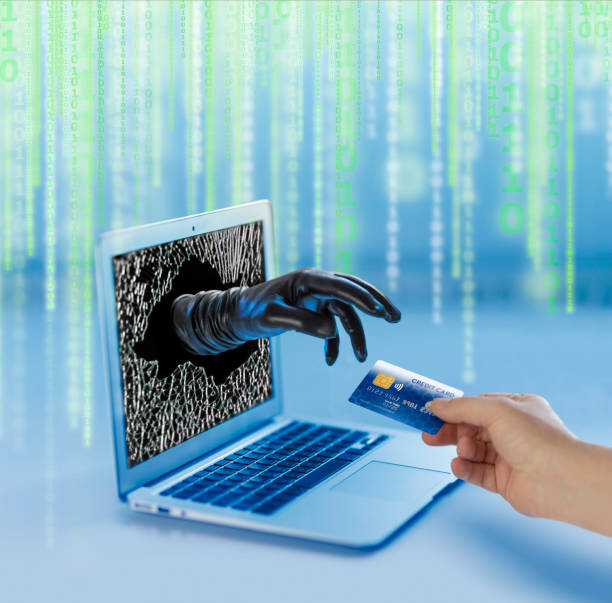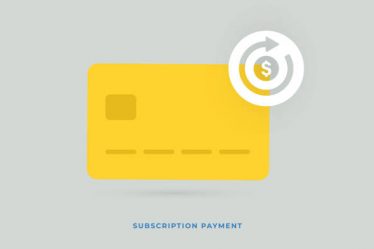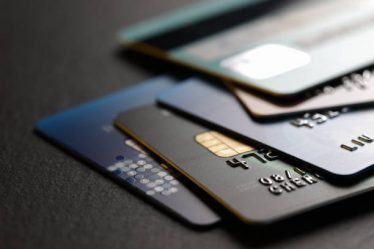
Anyone can be a victim of credit fraud. The victims are often left with little to no time or money. And the perpetrators often get away without being punished. This is a difficult crime to prevent and even more difficult to enforce.
To prevent credit fraud, the best thing to do is to be aware of the theft. There are many types of identity theft. These include stealing your wallet or rifling through your trash to compromise your online accounts.
We have compiled tips to prevent credit fraud because we all need to take responsibility for our safety.
Protect your Credit Cards
It would help if you took care of your credit cards. Anyone can take a look at your card and copy the information.
You shouldn’t have all your credit cards with you at all times. If your wallet or purse is stolen or lost, you don’t want all of them to be compromised. Although having multiple credit cards is okay, don’t sign up for too many at once.
Keep an eye on your credit card when you use it. You must not leave a merchant without obtaining your card back. Don’t use your credit card outside of business hours. A thief can take a snap with a smartphone to get your number.
Check Your Credit Card Statements
It is important to know how to read your monthly credit card statements. This is the most common sign that you will see of credit card fraud at your workplace. You should immediately contact your creditor if you notice any suspicious transactions.
This is particularly important during the holiday season. The thieves know that people will shop a lot during holidays, so they hope their fraudulent transactions are not noticed among all the other purchases their victims make.
You should also review your monthly statements to see your spending and where your money is going. This will help you keep your financial health in good shape.
Shred your Documents
After reviewing your statements and paying your bills, it’s time to file them securely or destroy them. Don’t throw away personal information; identity thieves often “dumpster dive” to gain access to data.
The FTC published “A packrat’s guide for shredding, ” which discusses which documents to save (birth certificates and home & car titles, marriage licenses, etc.). Which documents to immediately shred (ATM receipts, credit card statements, utility bills, etc.) You’ll need to keep documents in between for a certain time before you destroy them (like tax records).
It is important not to assume that a document will be inaccessible to thieves. There have been cases where fraudulent credit card offers were filled out, so junk mail can be a risk. You might also find information in correspondence from your children’s school. Thieves will gladly steal a child’s identity to commit fraud.
Avoid Phishing
Phishing communications are designed to trick you into giving you a password or other information that scammers need to access your accounts.
These phishing emails often appear fake communications from your bank or an online shop. Any attempt to convince you to act immediately is suspect. Phishing attempts often scare you into thinking.
Keep your smartphone and computer security to avoid phishing. Keep your computer and smartphone updated to the most current operating system. If necessary, use security software. Do not click on links or respond to text messages from people you do not know.
Forward any phishing emails to spam@uce.gov
Shop Safely Online
Online purchases can pose a risk to your personal information. Even if everything is perfect, your information could be compromised by the company that you are buying from.
You can reduce your risk by taking certain precautions. One only buys from vendors that you can trust. It is worth not taking the chance on a site with low prices that you are unfamiliar with. You will also have additional protection against fraud if you use a credit card and not a debit card.
Keep your receipt of payment and keep an eye out for the delivery date. Dispute the charge if you don’t receive the goods as promised.
Malware
Malware can take many forms. Adware is also a form of malware that redirects your internet search traffic to deliver advertisements and collect your browsing information.
You will get more malware once you have one piece of malware installed on your computer. The first infection “holds the door open” to more malicious software. Use a trusted security program to scan and remove the malware.
Check your Credit Reports
You might not see statements if a fraudulent account has been opened in your name. Only your credit reports will show you if someone is trying to use your identity to open new accounts. Every year, check your credit reports and look for unusual or suspicious activity.
Get a credit review if you are unsure about your credit reports or if your information has been compromised.
Avoid Skimmers
A “skimmer”, or device that attaches to a credit card reader, is a device called. The device scans your credit card to collect your card information while completing your legitimate transaction. These skimmers are usually attached to gas pumps and ATMs.



